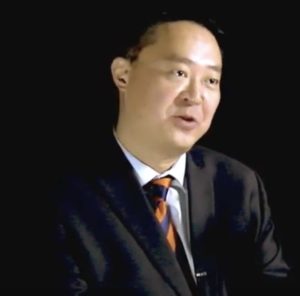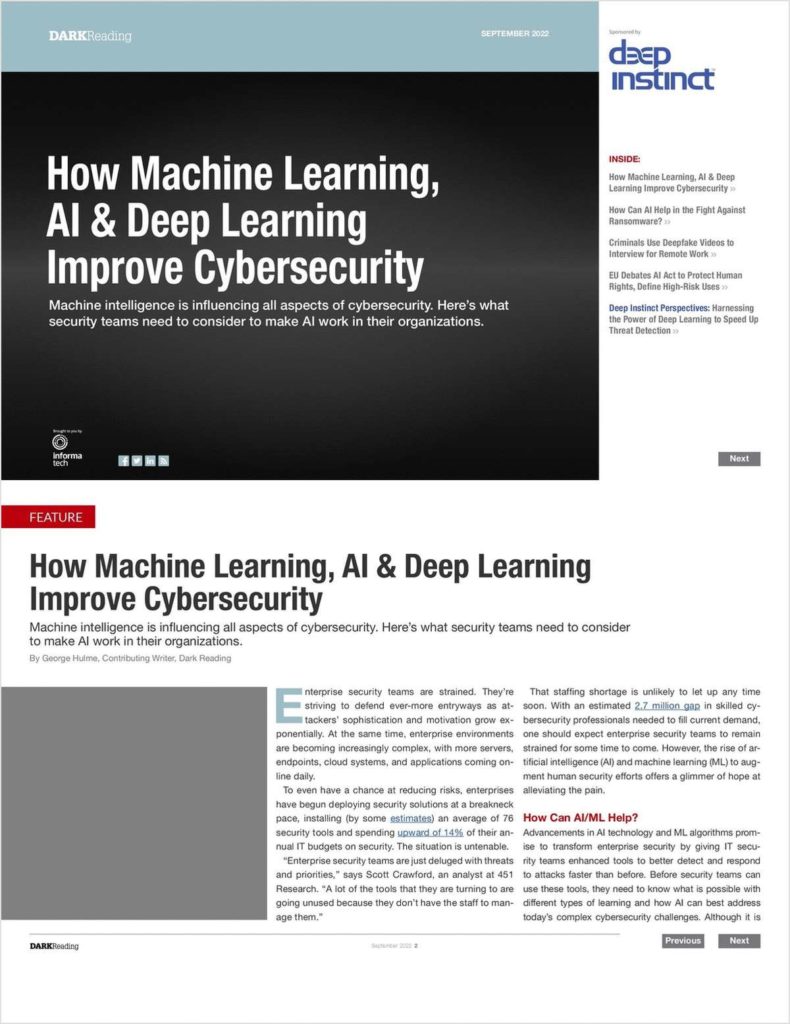In this video, Mao Ye from the University of Illinois describes how his high performance computing computing is shaping the future of Finance.
Ye’s research lies at the intersection of big data, high-performance computing and the economics, and finance realm. Using computing resources, Ye tackles large amounts of data currently being collected by companies and finance institutions. “The high-performance computing is more like a tool,” he said, “because we are basically doing big data research.”
As a member of NBER, Ye—together with his colleagues Alex Chinco and Adam Clark-Joseph—plans to spread the word about high-performance computing tools to researchers in finance.
To illustrate the impact high-performance computing can have on financial research, Ye points to a project he undertook with researchers from the University of Warwick and Cornell University that eventually brought about changes in US trading reporting policies. Mao and his co-researchers were examining odd-lot trades, those that were for less than 100 shares. Originally, odd-lot trades were not reported for the daily Trade and Quote (TAQ) database—which contains transaction data stocks listed on the New York Stock Exchange (NYSE), American Stock Exchange (AMEX), and Nasdaq. It was assumed that such small quantities were made by small-time traders and therefore would not provide enough information about trends and share pricing.
However, by studying the vast quantities of transaction data using computing, Ye and his team showed that the median trade size on the Nasdaq was at 100 shares, indicating that there was a large number of odd lot trades taking place. Thousands of small quantity trades were being conducted by computers that were able to make of trades in fractions of a second. Because of this research, which was published in The Journal of Finance, the U.S. Securities and Exchange Commission reduced the reporting hurdle from 100 shares to 1 share.
Ye received 2015 Professional MBA Teaching Excellence Award from the College of Business at Illinois, and the 2016 University of Illinois Educator of the Year recognition from the University of Illinois Student Alumni Ambassadors. In 2013 he was also named a Domain Champion in economics by the NSF-funded Extreme Science and Engineering Discovery Environment (XSEDE) program.





